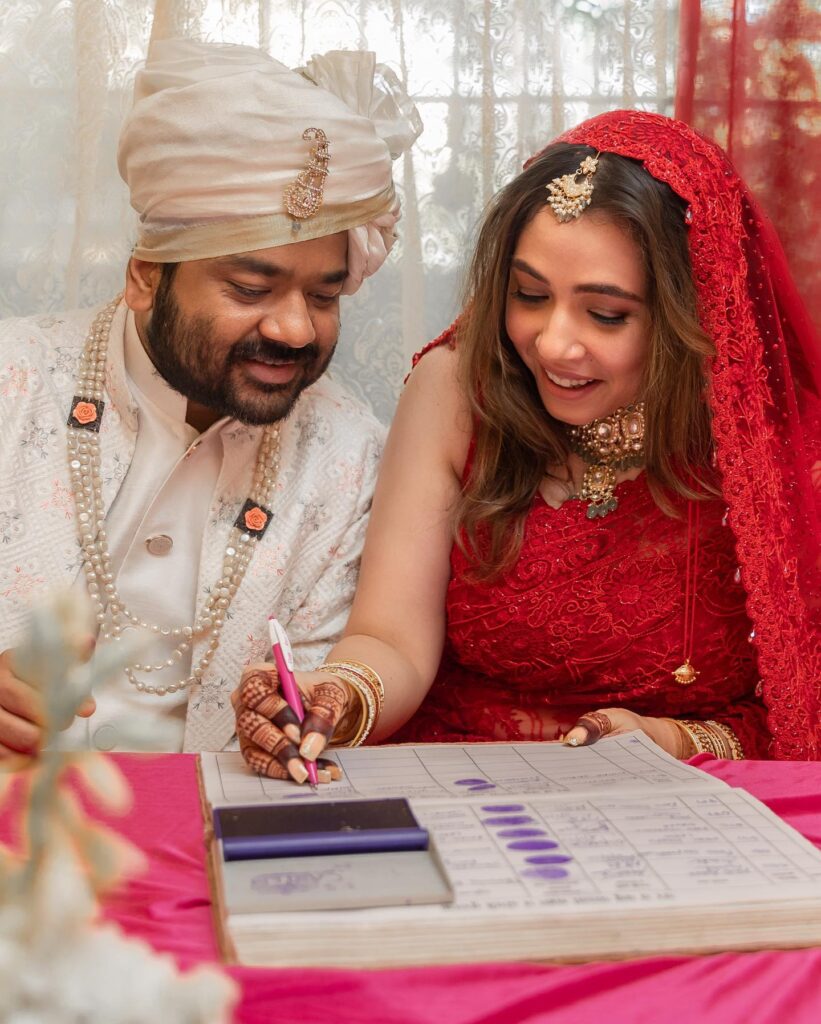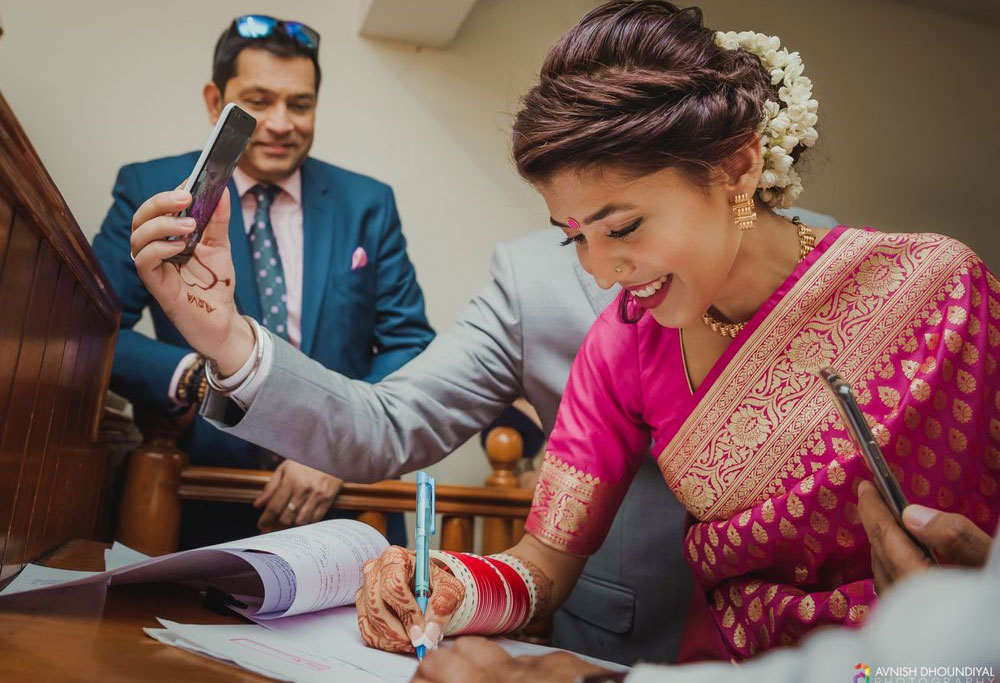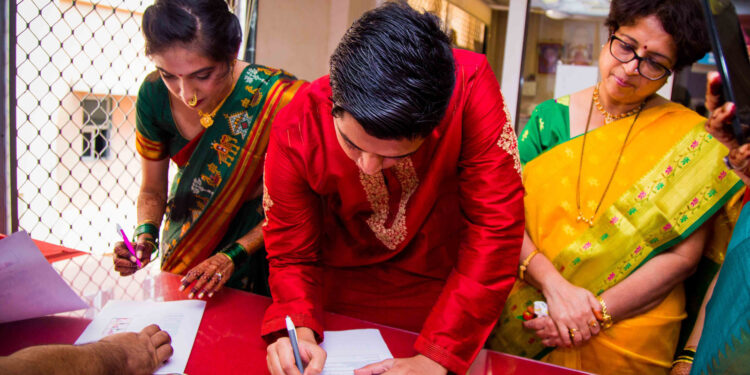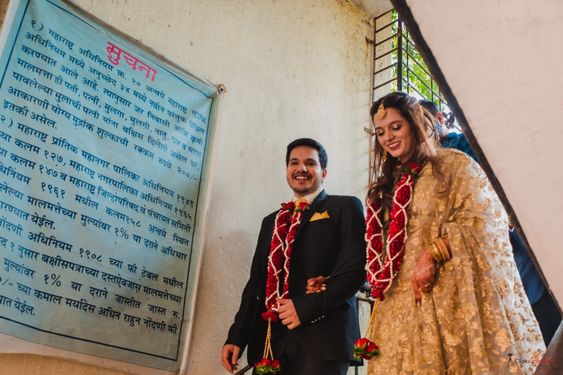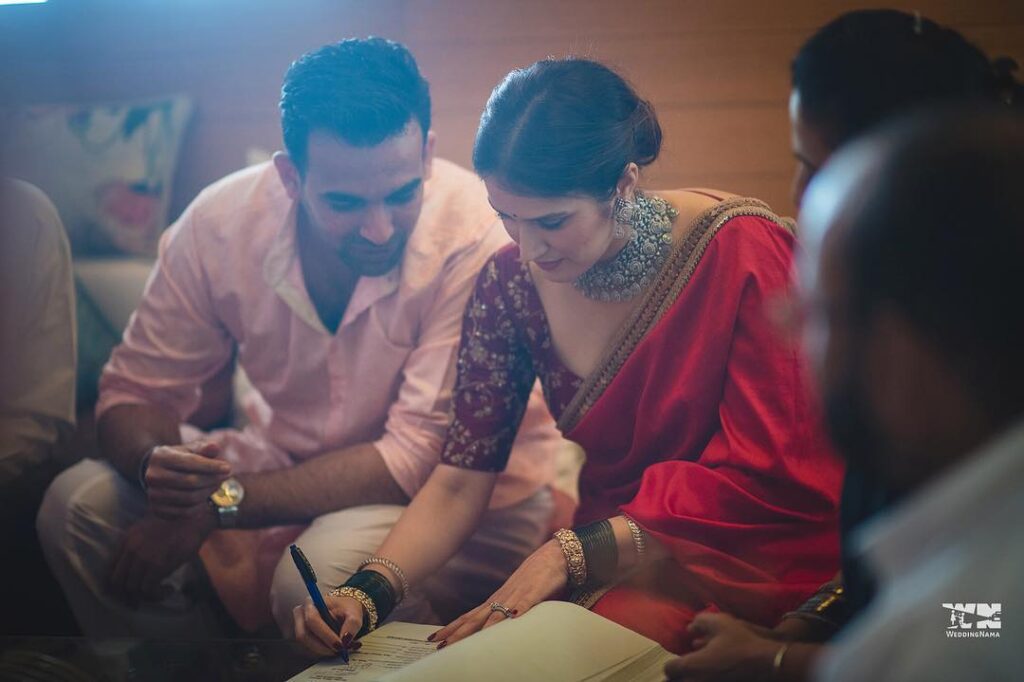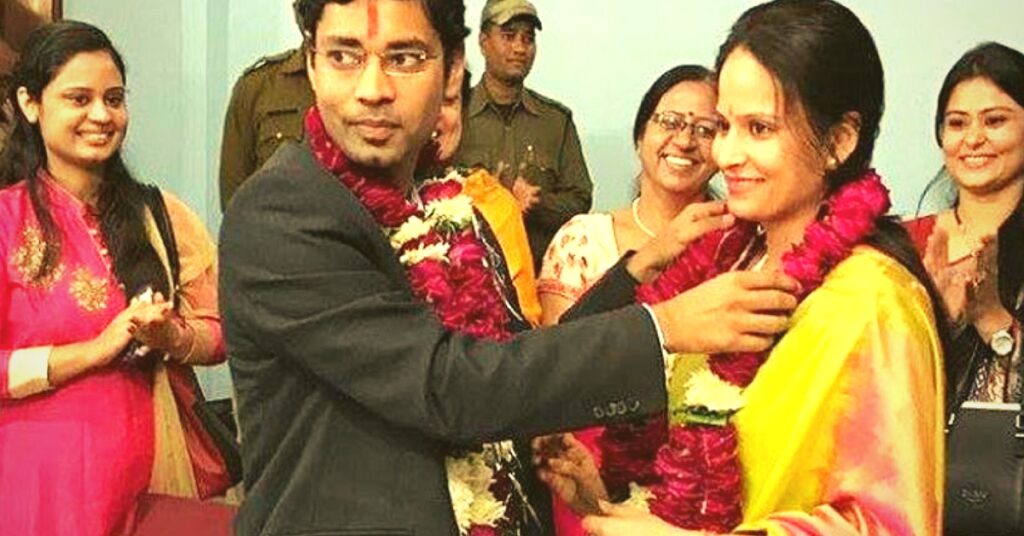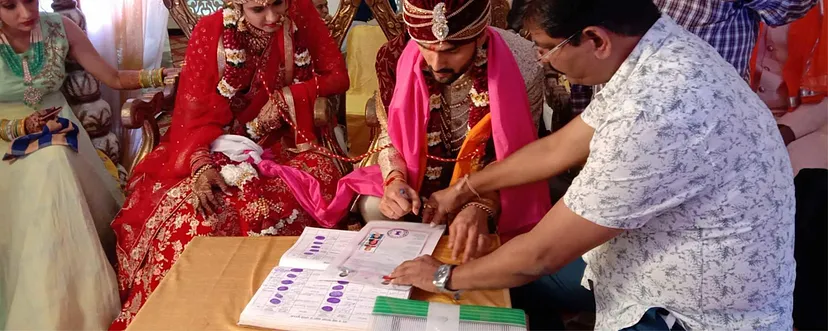Court marriage in India, governed by the Special Marriage Act, 1954, provides a legal framework for marriages without discrimination based on caste, color, religion, or creed. It is especially beneficial for couples from different religious backgrounds or those preferring a non-religious ceremony. Here’s an in-depth guide to the court marriage process in India as of 2024.
Court marriages in India, conducted under the Special Marriage Act, 1954, provide a legally secure and non-discriminatory method of solemnizing a marriage. This process is carried out in a legal setting, ensuring transparency and the free consent of both parties. Engaging a lawyer can streamline the process, ensuring compliance with all legal requirements and addressing any objections efficiently.
By following this detailed guide, couples can navigate the court marriage process with confidence and ensure their union is legally recognized and protected.
